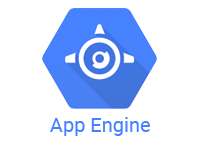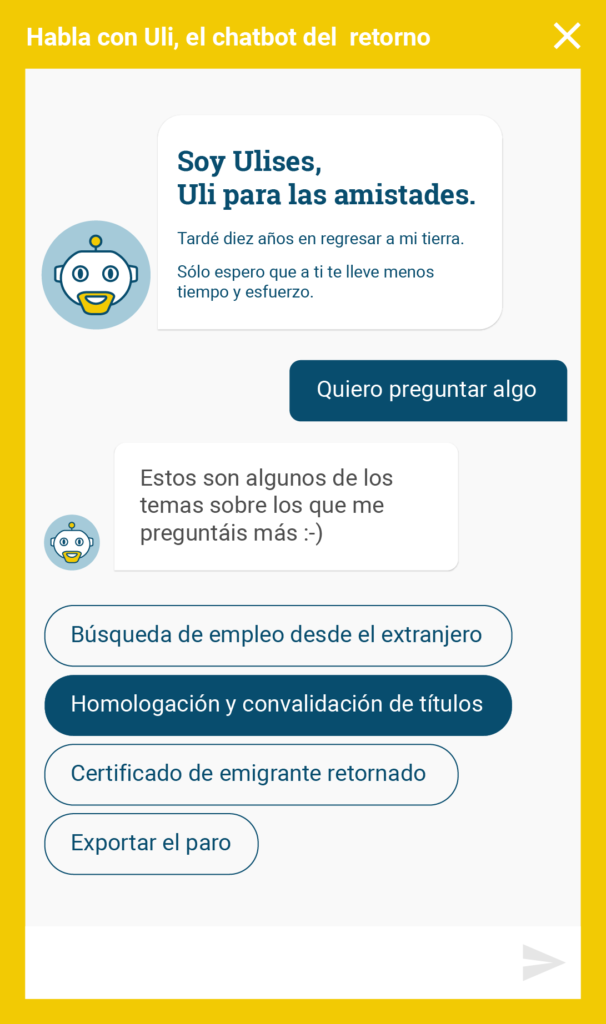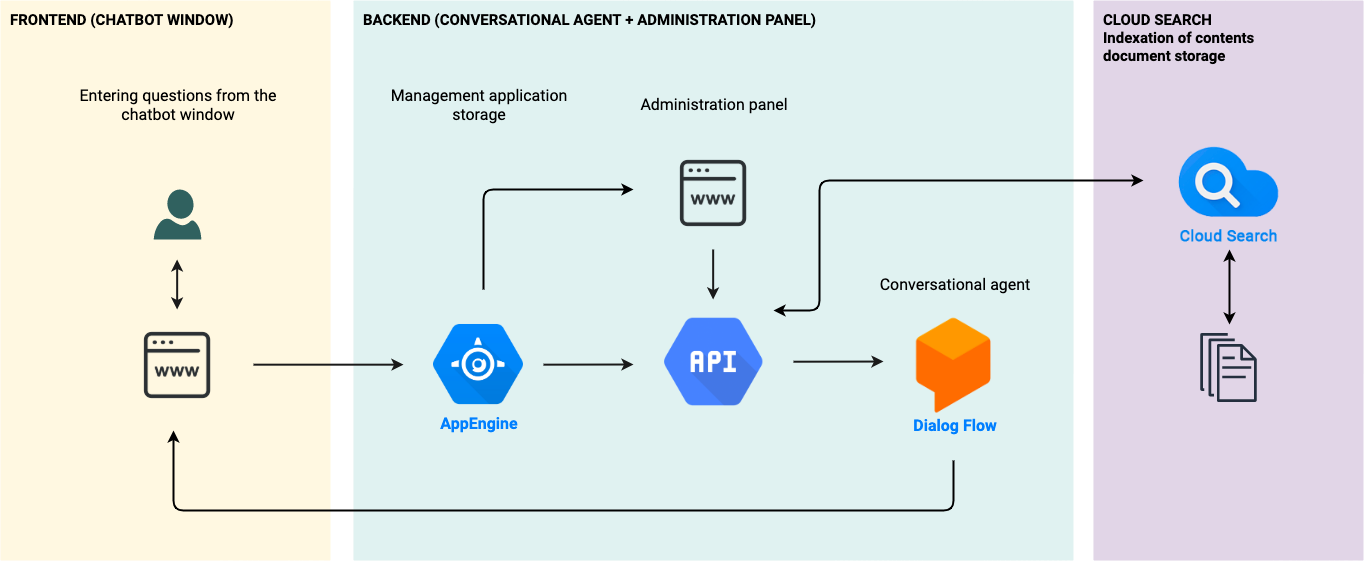Ulysses, a chatbot that helps citizens in public administration

CASE
A common practice among young people in Spain during the economic crisis of 2008 was their emigration looking for a job. Evenbytes has worked together with the Spanish government in this Plan, whose final objective is to remove the personal, professional and administrative barriers these people face when they want to return to Spain by following 50 specific measures.
The Spanish return plan has a dedicated budget of €24 million and has been collaboratively developed with more than 1,500 emmigrants and people that have already returned to their homeland, more than 60 companies, 10 ministries of the Spanish Government, the autonomous communities, and the Spanish foreign service. It is designed attending to the needs of the emmigrants, which represents a revolutionary way of managing this case, previously done from an administrative point of view.
The main objective of this Plan is making Spain a more attractive country for people to develop their personal and professional projects by bolstering their return to the country, making the process easier and offering better living conditions.
One of the most important and demanded measures by emmigrants is the ‘One Stop Service’, that foresees attending queries about the return through several channels: phone, face to face, web, email and chatbot.
DIFFICULTIES
Nowadays, there is a problem information dispersion about migration and return processes: emmigrants use unofficial sources to get this information, which brings misunderstandings that usually lead in economic consequences, waste of time or doubts about their rights (for example concerning healthcare).
As Evenbytes, we have contributed to the project with our knowledge and experience in these kinds of technological and communication projects. Working together with Volvemos, we made the implementation of the ‘return chatbot’ possible. It is an online tool that allows migrants to ask the doubts they may have about the return process to Spain and having easy and quick access to the related administrative information.
SOLUTION
A chatbot is an IT app that you can have a conversation with. We can both ask for some information or ask it to perform a certain task. In this particular case, the chatbot solves general queries about main themes (social assistance, degree recognition, subsidies, etc.) and guides the user in the search of the right information s/he needs to solve his/her needs.
The chatbot, also called Ulises, solves the doubts that people have when they want to return to Spain. It is able to provide this service worldwide and 24/7.
The chatbot implementation benefits from Google Cloud architecture, where all the required services for its functioning are stored. This technology enables us to answer every question Ulises receives, regardless of their volume, using the architecture scalability if required.
With the usage of Dialog Flow we introduce auto-learning artificial intelligence into the project. This means that once users start interacting with the chatbot, it auto-learns and improves its answers.
Moreover, this project includes the intelligent indexation of content to enrich the answers given by the chatbot (Google Cloud Search). This way, it has previously defined or learned answers, plus external indexed and categorized content provided by its own search engine. Once the required contents to develop the Spanish Return Plan start growing, all of them will be automatically added to the available resources of the bot.
The implementation of an auto-learning chatbot and the indexation of contents to improve the answers given to migrants that want to go back to Spain is an innovative project for the administration, that at the same time works as a proof of concept and example of the multiple uses this tools have, easing citizens’ lives.
Client
Customer: Government of Spain
Sector: Ministry of Labour, Migration and Social Security
Location: Spain

Objectives
- Difficulties in accessing verified official information.
- Carrying out procedures in a reasonable time.
- Identify the agency responsible for resolving a question or problem.
Results
- It improves the communication between the administration and the migrants who want to return.
- It eases the access to proved official information in an accessible and attractive way.
- It attends migrants that want to return without time zone discrimination.
- The chatbot already helped 150,000 migrants during its first 10 months of activity.
Example
- Chatbot
- Artificial Intelligence
- Conversational agent
- Cloud Computing
- NLP
- Dialog Flow
Technologies and languages used









